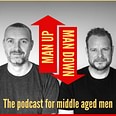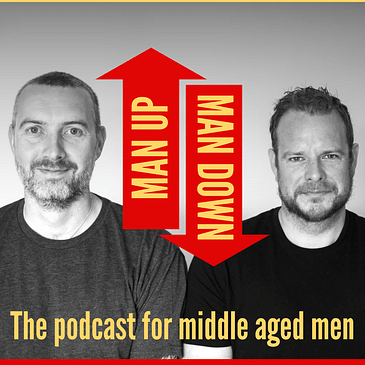This week’s topic is Volker’s expert topic. He started meditating over 15 years ago and after noticing so many benefits in his life, he wanted to pass it on. He now teaches the benefits of mindfulness to organisations.
Without his mindfulness practice, Volker thinks he has been able to better cope with challenges throughout his life, such as multiple redundancies.
The difference between mindfulness and meditation is simple. Mindfulness is about being present in the moment. Buddhism principles are split in gratitude, self-awareness, compassion and mindfulness. Those are expressed through selflessness, generosity, moral conduct, patience, perseverance, strong effort and meditation. Therefore, you could argue meditation is just a tool to be more mindful, helping you to be in the moment and be more aware of yourself, giving thanks.
We discussed how we do so many things on autopilot. Eating is a good example where we just speed eat and try to ‘get it done’, rather than slowing down and enjoying the food, taste the different flavours and enjoy each moment. At time of recording David and Volker both subscribed to a course where they slowed the fork down.
Volker suggests that anyone should have a gratitude journal, sitting down once a day to focus on the bright sparks, the positive things in one’s life. Pascal Finette talked about that in his first episode on Volker’s former podcast, Stories of Success.
There are two major forms of meditation: focus meditation and transcendental meditation. Volker practises both and sets aside at least 20 minutes a day for meditation. There are a number of benefits to meditation, for example if you can’t sleep at night, you can meditate and go back to sleep.
Another go-to meditation is the 3 step breathing space, which you can find on Soundcloud. Also, Insight Timer has a lot of free meditations, so no need to buy a subscription straight away.
David has been meditating on and off for a while, and it helps him to keep his anxiety in check. There is no need to start off with 20 minutes. As long as you start somewhere, with a minute, then 2 or 3 minutes and eventually you can expand to 20 minutes or longer.
The important thing is that it works for you, and the more you can bake it into your daily routine, the more likely you are to stick to it. And, if your meditation is more about cycling or running, so be it.
Volker also tries to go on retreats regularly. Mindfulness can also help with depression, there is a course called ‘MBCT’, mindfulness based cognitive therapy, which was invented by Mark Williams. Mark actually wrote the course Volker teaches, and the book that goes with it is called ‘Mindfulness, a practical guide to finding peace in a frantic world’.
Volker also talks about MBSR, the mindfulness based stress reduction course, is a course invented by John Kabat-Zinn, and it’s a great course to take in order to start becoming familiar with how mindfulness can help to reduce stress.
David discusses research that suggests mindfulness shrinks the amygdala (the part of the brain that causes the “fight or flight response) and strengthens the hippocampus (“the control centre”) which helps you make better decisions under stress.
We discussed the storytelling mind, and how your monkey brain keeps telling you a mostly negative story. We worry a lot about things we cannot control. Hence, meditation helps you to stay calm and focus on the things that you can control, and how you can control your monkey brain. You start worrying less, and you bring more of a balance to your life.
Talking about Viktor Frankl and his theory of ‘between stimulus and response is a gap’, a gap that you can use to actually stop our urge of our autopilot reaction. But we have a choice, we always have a choice and make decisions and jump to conclusions without thinking properly about it. George Mumford, author of the ‘Mindful Athlete’, calls it the ‘eye of the storm’ where you have peace and quiet to be still and decide what you want to do.
Volker’s passion is to get more people into mindfulness and make this world a better place!
Hosted on Acast. See acast.com/privacy for more information.




